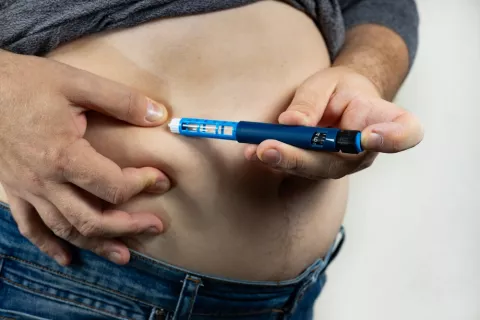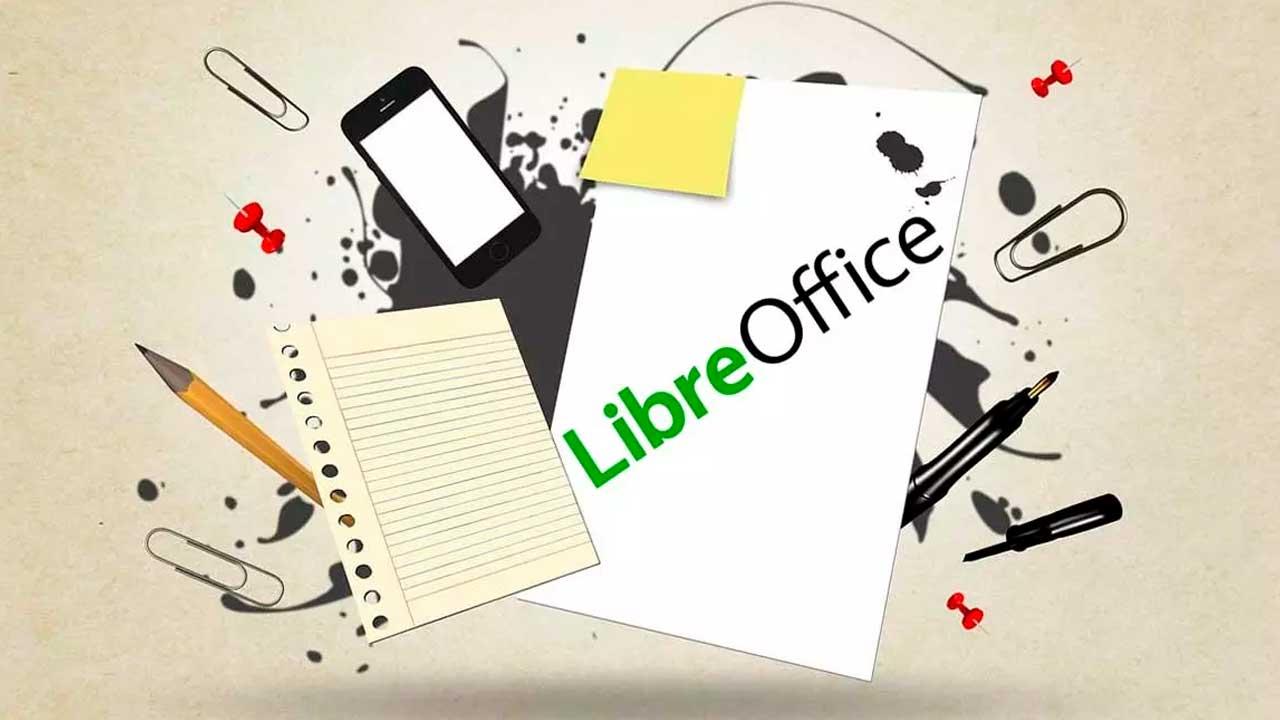In recent months, an increase in SARS-CoV-2 coronavirus infections has been observed, as well as hospital admissions, both in Spain and in other countries, as warned by the Public Health Commission. This has been attributed to new omicron subvariants now circulating that are more contagious, although less dangerous.
This is one of the main reasons that has led the aforementioned organization to make the decision to advance the joint vaccination campaign against flu and COVID-19, which this season will begin the last week of September, unlike other years that have been had started in the month of October.
The administration of the flu vaccine has coincided with that of COVID since the 2021-2022 season, so this will be the third campaign in which both vaccines are administered together. Taking into account that the effectiveness due to vaccination or previous infection decreases over time, and that respiratory viruses usually cause more illnesses during the fall and winter, Health has advanced this new vaccination campaign to avoid serious cases among the population. risky.
Who should get vaccinated against flu and COVID
The vaccination recommendations against COVID-19 and flu from the Ministry of Health are aimed at population groups considered at risk, which are:
-
People over 60 years of age (especially those over 80), as long as a minimum of three months has passed since the previous dose they received or a SARS-CoV-2 infection.
-
People under 60 years of age who suffer from diseases or any problem that puts them at risk of developing severe COVID, such as diabetes, morbid obesity, cancer, dementia, immunosuppression, celiac disease, Down syndrome, chronic pathologies…
-
Pregnant in any trimester of pregnancy, or who have been recently pregnant (up to six months after giving birth).
-
People who live in nursing homes or other social health centers, regardless of the number of doses received or previous infections. At least 5 months must pass since the last dose of mRNA.
-
Health and social health workers in primary care, hospital centers or nursing homes or disability care, because they are more exposed to the virus. As a novelty to the recommendations that were approved in July, staff from health establishments, such as pharmacies, have been included.
-
Personnel who work in essential public services (especially security forces, firefighters and civil protection).
In the case of the flu vaccine, in addition to these groups, it is also recommended for:
- Child population between 6 months and 5 years.
- People 5 to 59 years of age who have a higher risk of complications from influenza (people 5 to 18 years of age who receive long-term treatment with acetylsalicylic acid, due to the possibility of developing Reye’s syndrome after influenza, and Smokers.
- Students in internships in health and social health centers.
- People with direct occupational exposure to animals or their secretions on poultry, swine or mink farms or farms or to wild fauna (birds, wild boars or mustelids), such as ranchers, veterinarians, farm workers, hunters, ornithologists, environmental agents, security personnel. zoos, etc. The purpose is to reduce the opportunity for concomitant infection of human and avian or porcine viruses, reducing the possibility of recombination or genetic exchange between both viruses.
Vaccines to prevent COVID-19
The vaccines that will be administered from the last week of September and during the month of October, depending on the provisions of each autonomous community, will preferably be those adapted to the new variants; In Europe, only Pfizer’s, known as Comirnaty Ómicron XBB.1.5, and Moderna’s (Spikevax adapted to the Omicron XBB.1.5 subvariant) already have the support of the European Medicines Agency (EMA) and the European Commission. Another candidate is Novavax which, unlike the previous two, is not messenger mRNA.









